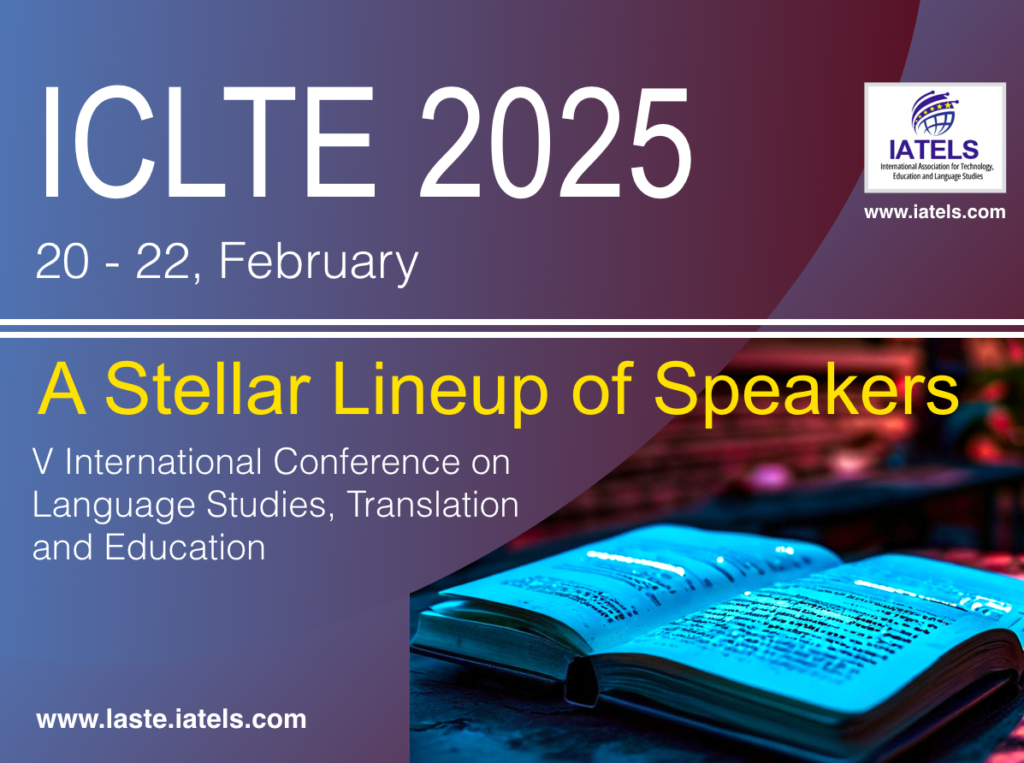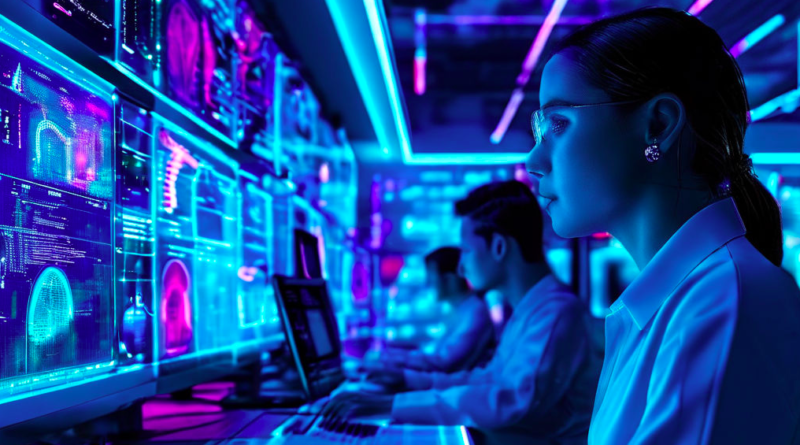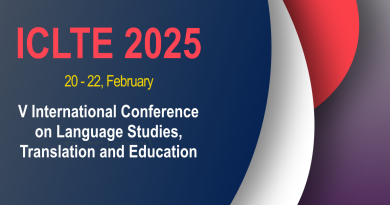Translation Nowadays: AI Challenges and Future Developments
Translation as an industry and a study undergoes drastic changes and even becomes questioned on its future.
As every year we are celebrating an international day of translation and translators, now it is the time to make a brief overview of the current developments in translation and discuss its perspectives.
Translation and AI
What definitely we should start from is AI and its solid entrance into translation as an industry and a branch of language studies.
More and more Internet users choose AI technologies to cope with their translation needs, and the quality of such translations should be admitted as really not bad.
It means that a smaller number of human translators are being involved into translation projects, and even more – a bigger number of translators stay out of work.
More People Turn to Machine Translations
Rapid development of AI tools has led to the increase in usage of machine translation.
To add to the technological boom, a recent rise in hybrid and remote working models has caused a surge in use of quick solutions for international communication either orally or in a written form.
For business purposes, as well as for communication in technical sector where the most important is the speed, AI translation tools have become a key for solving immediate language issues.
AI translation tools are now the first and a must to have for businesses working internationally.
For orally or written communication, AI tools are ready to provide quick solutions which are much more faster and cheaper than human translators’ services.
Simultaneously, the more people use neural machine translation technologies, the more efficient and accurate they become at providing translation solutions.
Perspectives in Profession
For sure, the sector of AI technologies capable of dealing with technical and academic translation is going to grow and enhance their quality while translators with their classic professional skills will have to look for other job opportunities.
Some optimists continue claiming that translation as a craft will go on to be in need because a human mind cannot be replaced by a machine, but the reality makes us doubt these predictions.
The capacities of AI in language and translation have already exceeded a human’s capacities of analysing the text, providing synonymic constructions or producing an output with a sufficient speed.
What is really left, that is transferring tiny emotional meanings, idiomatic expressions, language units which are deeply embedded culturally. These are the things which will stay for some time within the capacities of human translators.
Minor languages and rare language pairs may also need more attention from the human side, though it won’t last long.
Suggestions and Solutions
The process is already on and nobody will be able to turn it back.
That is why we have to look ahead and learn to adapt to the changes.
So, what can be done in the situation when just in front of your eyes, your bread is being taken away?
Is the solution to run after? Maybe yes, and maybe not.
On the one hand, as it was mentioned above, machine translation will need some more time to adopt minor languages and minor language pairs, that is why this area will continue to need human translators and human minds.
On the other hand, the translations which are produced by AI tools nowadays, are still in need of verification and proofread, therefore, the skills of proofread and editing will be required for a longer period of time.
Cultural nuances, words and idioms which are deeply embedded culturally will continue to need a human’s eye and mind, moreover when it goes about marketing new products and services in distant geographical places.
There is a saying, “If we cannot win in the battle with an enemy, we should make them our friend”, and that is the way for translators to stay in pace with the time and get benefits from the situation.
Learning to operate new tools, being skilful in using AI tools for translating written texts and oral speeches is the way, each translator should master nowadays.
What is absolutely obvious, that language knowledge and an ability to translate from one language to another are no longer enough.
Translators should shape their skills in specifics of culture and communication, intercultural nuances and behaviours.
They should be highly competent in using traditional ICT tools and be able to adjust to new AI solutions.
The skills of editing and proofreading are a must to have in case AI tools are used for translation, and that is the area where human translators can show their unique competences which can be still above the capacities of AI.
Combining translation competences with marketing skills will definitely increase chances of finding either a good position or launching your own projects.
Considering the fact that the global market is not equally covered with technological solutions yet, as well as not all language users may be familiar with cheaper and quicker options for translation as AI tools, translators with classical education can still find places where they can be helpful.
In this case, they should be ready for remote employment or freelancing which still require knowledge of ICT for communication, translation, text processing and so on.
In Conclusion
Bit by bit, we have collected the areas where human translators can be still in need.
Minor languages, knowledge of cultures, editing skills, knowledge of marketing and abilities to use this knowledge for your own services or promoting your customers’ brands and products at the international markets, being at ease with AI translation tools, creativity and sufficient communicative skills comprise a set which can make a human translator stay tuned and be in pace with the time and global changes.
Yet, it is not the end. You should keep learning, be flexible and stay positive no matter what.
These and other topics are going to be discussed at ICLTE 2025, our Vth International Conference on Language Studies, Translation and Education.

To become a speaker at the conference or learn from the experts, please visit the conference website and start registration.
At this truly international academic event, experts in language studies, translation and education are going to share their views on current state of the related areas and their future under the effects of AI and other global processes.
We will be also glad to hear from you with your questions or comments dropped via the form below.



